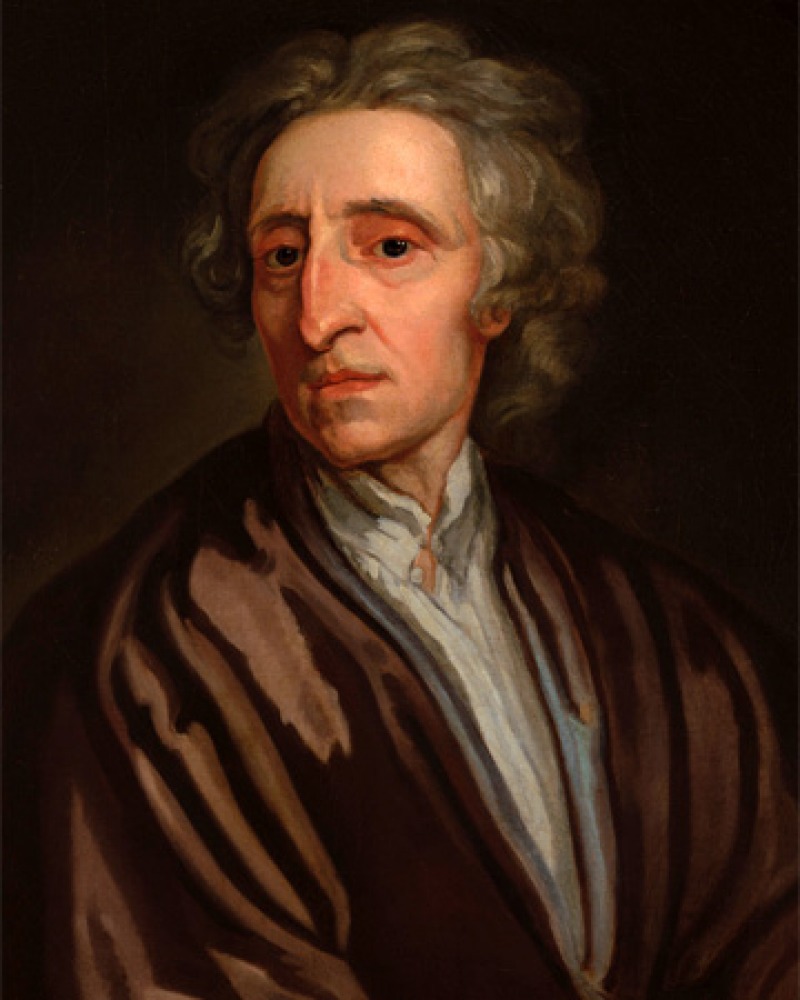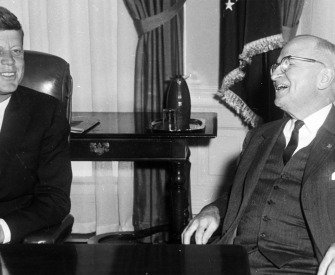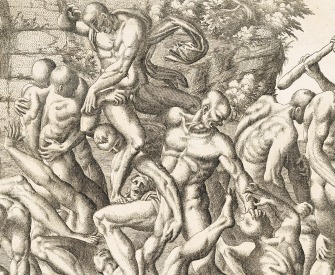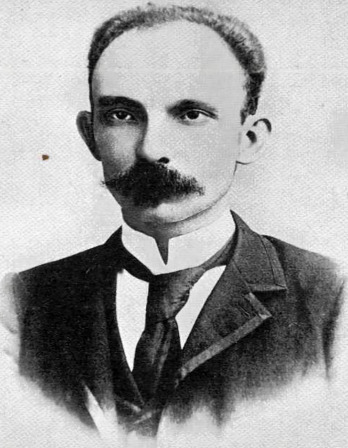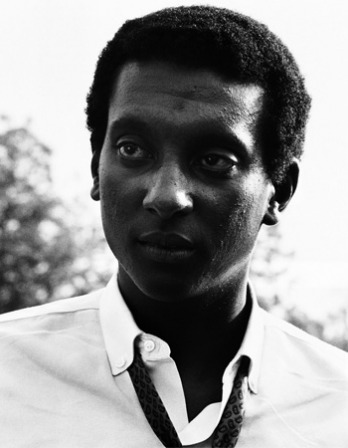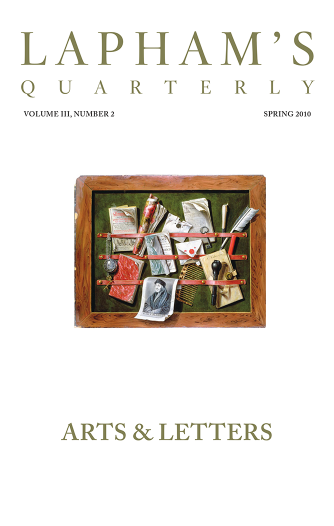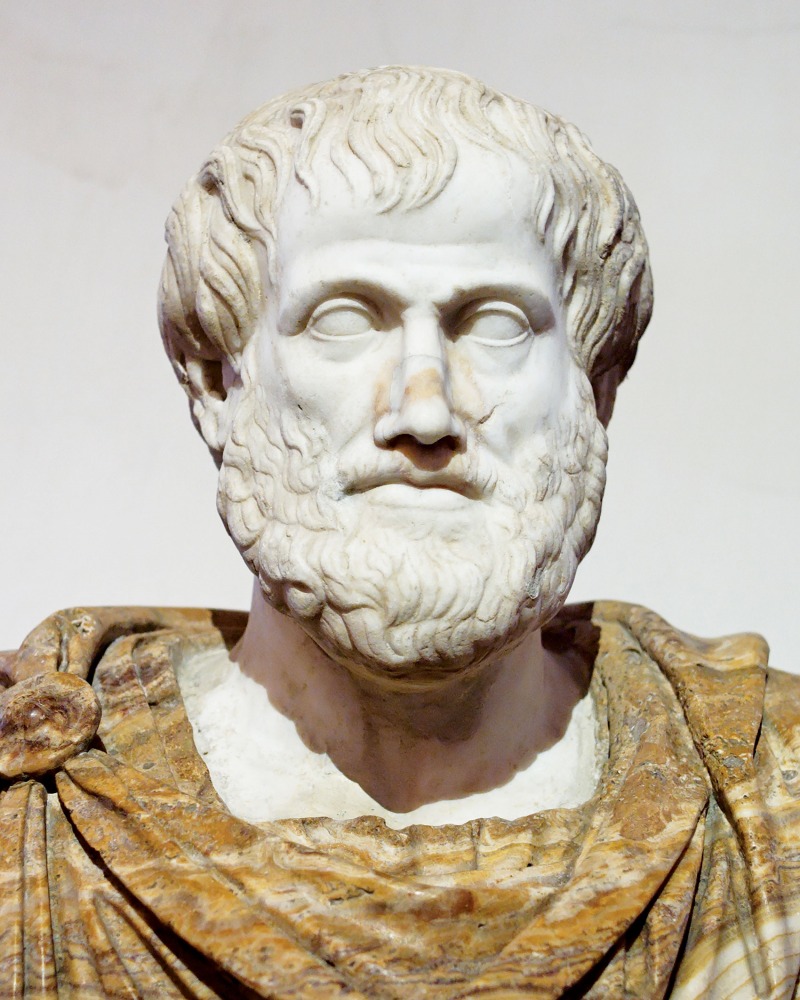
Aristotle
Nicomachean Ethics,
c. 350 BC
Nicomachean Ethics,
If we take the various natural powers which belong to us, we first acquire the proper faculties and afterward display the activities. It is clearly so with the senses. It was not by seeing frequently or hearing frequently that we acquired the senses of seeing or hearing; on the contrary, it was because we possessed the senses that we made use of them, not by making use of them that we obtained them. But the virtues we acquire by first exercising them, as is the case with all the arts, for it is by doing what we ought to do when we have learnt the arts that we learn the arts themselves; we become builders by building and harpists by playing the harp. Similarly it is by doing just acts that we become just, by doing temperate acts that we become temperate, by doing courageous acts that we become courageous. The experience of states is a witness to this truth, for it is by training the habits that legislators make the citizens good. This is the object which all legislators have at heart; if a legislator does not succeed in it, he fails of his purpose, and it constitutes the distinction between a good polity and a bad one.
